The State of California has the highest rate of homelessness in the United States and an estimated one-third of the homeless youth in this country living here. The data are shocking. According to a study released by Chapin Hall (2017) each year in the U.S. roughly 4.2 million youth and young adults experience homelessness, even if just for a day. They suffer from the trauma of living on the streets or in shelters and from depression or mental health issues resulting from childhood abuse or poverty. They often drop out of high school and have no marketable job skills.
Needless to say, these youth need relentless support and guidance to build a healthy and fulfilling future for themselves.That's why we launched the LSS Youth Education and Employment Initiative in 2020. Using evidence-based practices and frameworks, this redesigned youth supportive housing program places a greater emphasis on services that increase educational completion and attainment of living-wage employment leading to lifetime self-sufficiency. We also address the social determinants of health that research shows will help each youth increase resilience and develop human capital: providing connections to caring adults, addressing mental health needs, strengthening family, developing life-skills, promoting educational attainment, career exploration, and job training and employment.
LSS serves about 150 transition-age youth ages 18-24 in supportive housing programs in Contra Costa County, Stockton, Stanislaus, Yolo, Redding and Sacramento counties, including Connections, Fostering Future Success, Step Up Sacramento and Prevention & Intervention. The young adults in our care are exiting the foster care system or are already homeless, which includes "couch surfing," where a youth has no stable place to live and stays with friends or family for short stays.


